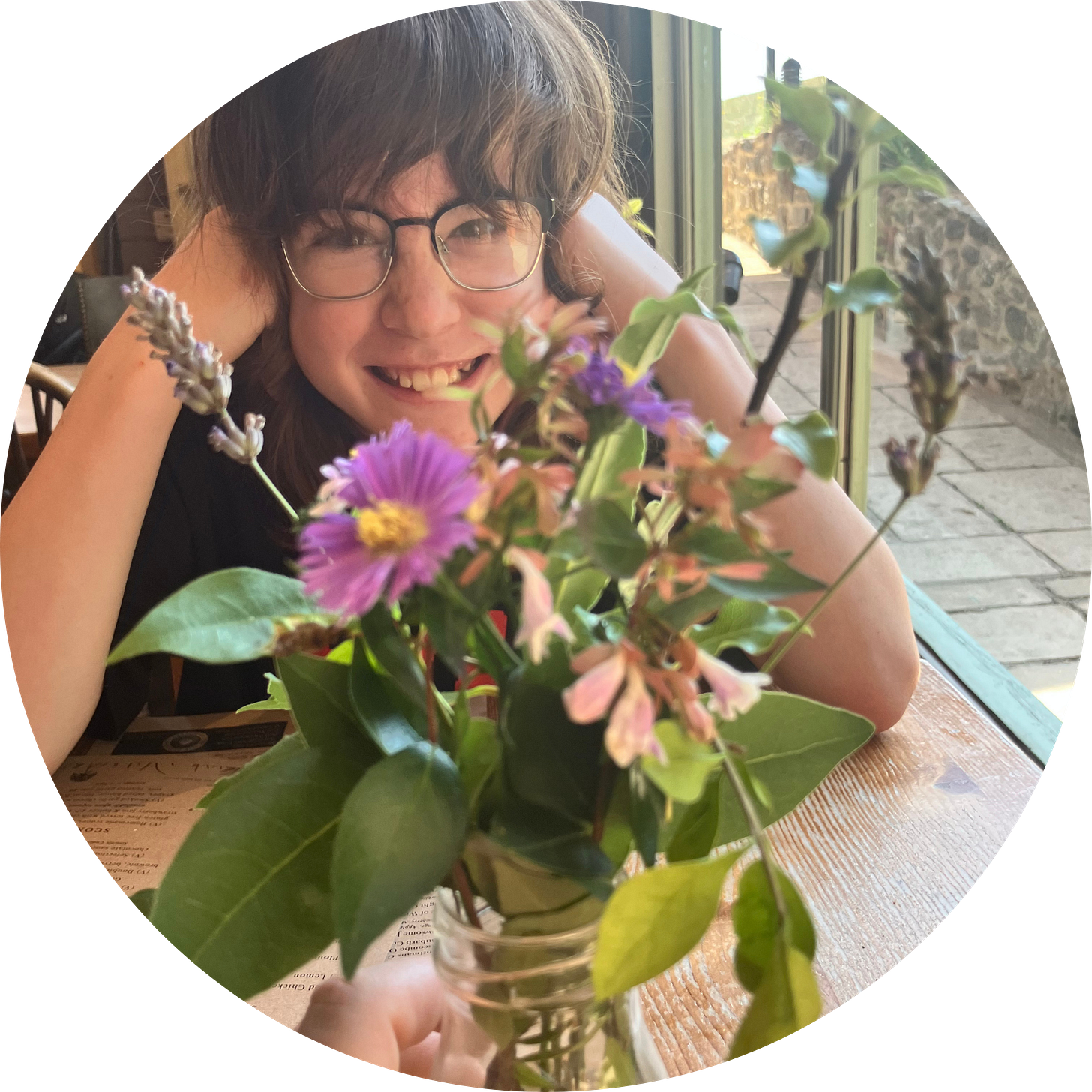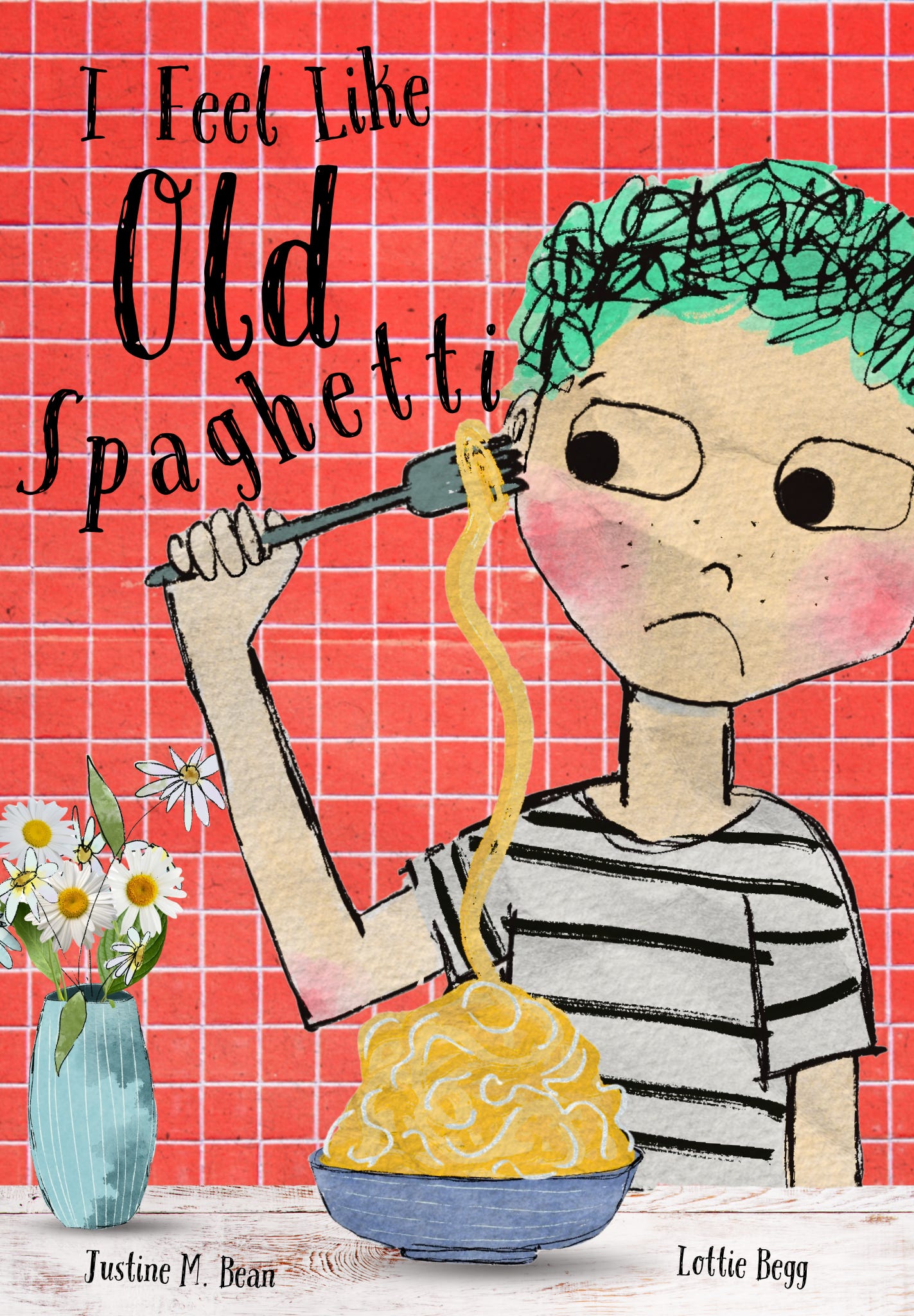The Mask Doesn’t Fit: Why We Must Make the World Kinder for Autistic Children
Lemon Jelly Press CIC
Why Kindness Matters
It’s a heart-breaking statistic: up to 94% of autistic children experience bullying. This figure, shared by the Anti-Bullying Alliance, reflects a deep need for change in how we understand and support neurodivergent children in schools and society.
Bullying can take many forms, and for autistic children, it often targets the things that make them unique. Differences in how they speak, move, or react to the world around them can become reasons for exclusion or mockery. Children are sometimes singled out for stimming, for struggling with eye contact, or for needing extra help in class. These differences should be met with understanding, not rejection.
Many autistic children spend each day working incredibly hard to navigate social expectations. Some mask their natural behaviours just to try and fit in, which can be exhausting and confusing. When these efforts are met with bullying, the impact can be devastating.
Research shows that bullying affects emotional wellbeing in lasting ways. It can lead to anxiety, low self-esteem, poor mental health, and fear of going to school. Some children become withdrawn or stop attending school altogether. Others find it difficult to trust adults, especially when their concerns are dismissed or misunderstood.
In some cases, children may not realise they are being bullied. They may sense something is wrong but struggle to explain it. The unkind jokes, the quiet exclusions, the group chats they are left out of—all of these can build over time. By the time the harm becomes clear, the child may already be feeling isolated and unsure of where to turn.
We need to build spaces where autistic children feel safe, valued, and free to be themselves. When we understand the reasons behind their behaviours, when we create environments that celebrate neurodiversity, and when we truly listen, we begin to change not only individual lives but the culture around them.
My Family’s Story: Between Masking and Belonging
My second eldest child—now thriving at university, surrounded by friends, and embracing a new gender identity—once had an EHCP. Back then, school was a place of profound isolation. They had no close friends, and bullying was a daily experience. I often wonder which was harder to witness—the silence of their solitude, or the slow erosion of self-worth that came from feeling so different and so misunderstood. Every day felt like a battle they had to face alone, and as a parent, it was incredibly hard to know how to help.
Now, my youngest is waiting for an autism assessment. She is bright, creative, and full of magic, but she worries constantly about how she is seen by others. Each social interaction becomes a question of performance. What mask should she wear today? How should she speak, move, or laugh to be accepted? Invitations to parties and play dates have stopped. She often stands to one side, watching others connect while feeling unsure how to join in.
Both of my children have found it difficult to find their place in a world that doesn’t always make room for difference. Supporting them has required so much—love, patience, confidence-building, and a fierce belief in their worth. There have been moments of deep worry, and many days filled with quiet resilience. But it has also been the greatest privilege of my life to walk beside them, to learn from them, and to help them move through the world with a little more safety and a lot more pride.
They have taught me how powerful understanding can be. And how much every child, no matter how they think, speak, or feel, deserves to be met with kindness, inclusion, and joy.
Stories That Make Space: What We Can Do for the Children Who Feel Left Out
As both a mother and a publisher, I often find myself asking how we can make the world kinder for children who struggle to find connection and joy. It is a big question, and it can feel heavy at times. So I begin with something smaller. I ask myself—what is within my power?
The answer, again and again, is this: I can help share stories that make space.
Books can change the way children see themselves and others. They can be mirrors for those who feel different and windows for those who need to understand. And in the best cases, they become bridges—offering empathy, sparking compassion, and building connection across all kinds of difference.
This is a call to writers, illustrators, publishers, parents, teachers, and carers. It is an invitation to think carefully about the stories we put into children’s hands. Because stories are not just entertainment. They are tools for growth, belonging, and change.
We need books that show autistic children, anxious children, curious children, and quietly brave children at the centre of the page. When a child sees someone like them in a story, someone navigating the world in the same beautifully complicated way, they feel less alone. They begin to believe they belong.
And for children who do not share those experiences, stories can build understanding. A book can help them see that stimming is not strange but soothing, that meltdowns are not misbehaviour but overwhelm, and that difference is something to celebrate.
At Lemon Jelly Press, this belief shapes everything we do. We are proud to be publishing our very first picture book about children’s mental health later this year. I Feel Like Old Spaghetti by Justine M. Bean is a tender, relatable story that gives language to messy feelings. It helps children recognise when things feel tangled, and reassures them that they are never the only ones.
This book is just the beginning.
We will continue to publish stories that offer safety, recognition, and hope. Stories that say to every child you are allowed to be just as you are. You are not too much. You are not too quiet. You belong.
If you would like to be part of this journey, please subscribe to our newsletter. You will be the first to know when I Feel Like Old Spaghetti is available to buy, and you’ll receive updates about the other stories we’re creating to help children feel seen and supported.
Because stories don’t just reflect the world. They shape it. And together, we can make it better.
Resources for Paid Subscribers
At Lemon Jelly Press, we believe inclusive storytelling changes lives. To support writers in that mission, here’s a helpful tool to guide your creative process:
Diversity and Representation Checklist for Writers
This user-friendly checklist will help you thoughtfully consider identity, voice, empathy, and impact in your storytelling. Just click on the link below for an instant download.
Keep reading with a 7-day free trial
Subscribe to Lemon Jelly press to keep reading this post and get 7 days of free access to the full post archives.





